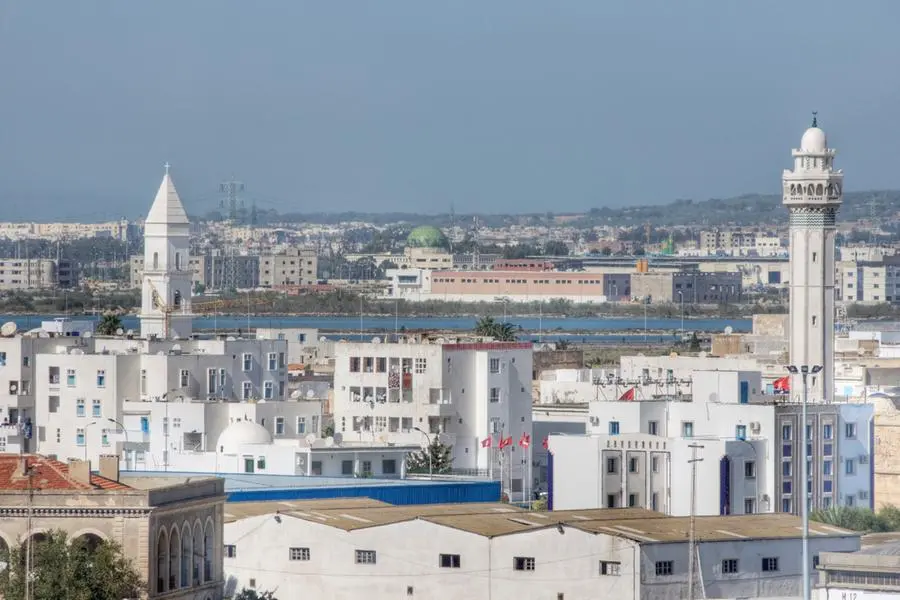PHOTO
Tunisia’s sovereign default seems more likely next year as the government keeps stalling on fiscal tightening and the devaluation of the local currency, despite increasing external obligations, according to Capital Economics.
“Tunisia is stuck in a deep economic and political crisis, and with the IMF’s staff-level agreement yet to be approved, and it is only likely to get worse,” the London-based think tank said in a briefing on Monday.
Tunisia is expected to make foreign debt repayments worth $1.5 billion by the end of March 2024, which represent nearly 3.1 percent of its GDP, the report said. These external obligations come at a critical juncture where the economy is contracting and foreign reserves are shrinking without any prospect for substantial foreign capital inflows, the briefing added.
The report highlighted that Tunisia’s gross external financing obligations represent more than 230 percent of its foreign reserves.
Like many emerging markets, Tunisia’s economy has been struggling for nearly three years with the repercussions of the global pandemic and the Russian war on Ukraine.
Last year, the North African country signed a staff-level agreement with the IMF to receive a $1.9 billion loan. However, the IMF executive board still has not approved the deal, given the government’s resistance to meet key preconditions including the depreciation of the dinar and fiscal reforms.
Capital Economics contends that Tunisian regulators need to devalue the dinar by 30 percent against the Euro in order to ease the external strain.
However, the government is required to embark on fiscal tightening of at least 7 percent of the GDP before devaluing the dinar. Otherwise, a weakened local currency would push the debt-to-GDP ratio to higher levels, according to Capital Economics
Tunisia’s President Kais Said has been a vehement opponent of the IMF-proposed budget cuts and subsidy reforms insisting they would lead to social unrest. Despite the gloomy economic outlook, Said refuses to budge. Last week, he sacked his economy minister after the latter had told the local media that a deal with the IMF was necessary to obtain other foreign financing.
A few days earlier, Jihad Azour, the IMF Director of the Middle East and Central Asia Department said that an IMF mission was expected to visit Tunisia to assess financial and economic developments. Azour reiterated his agency’s position on Tunisia’s need to reform its subsidy policies.
“The reform of the subsidy that is benefiting the rich at a time where oil price is high is not only a fiscal waste, but also socially unfair,” Azour said.
“And therefore, by reforming the subsidy, you could allow more resources to go to finance inclusion and to increase social spending.”
(Editing by Seban Scaria seban.scaria@lseg.com )





















